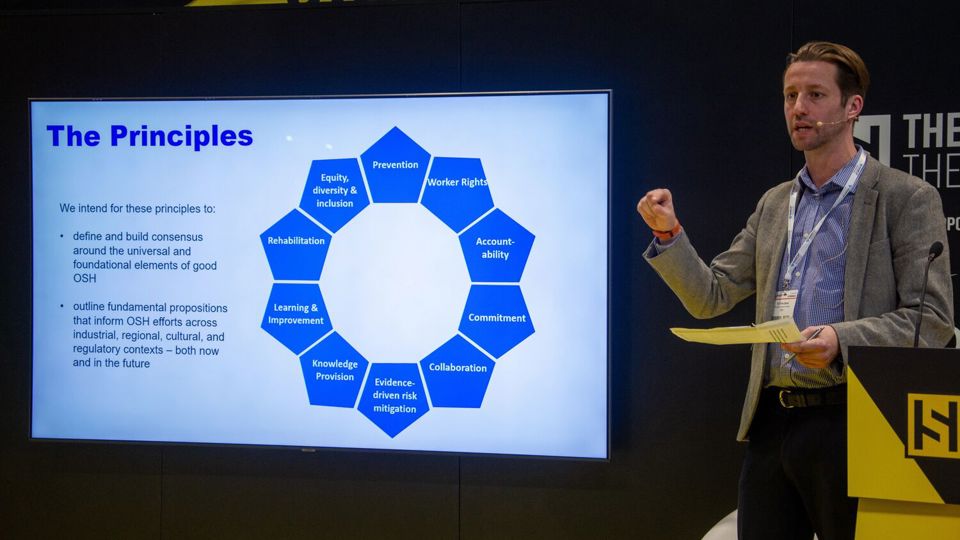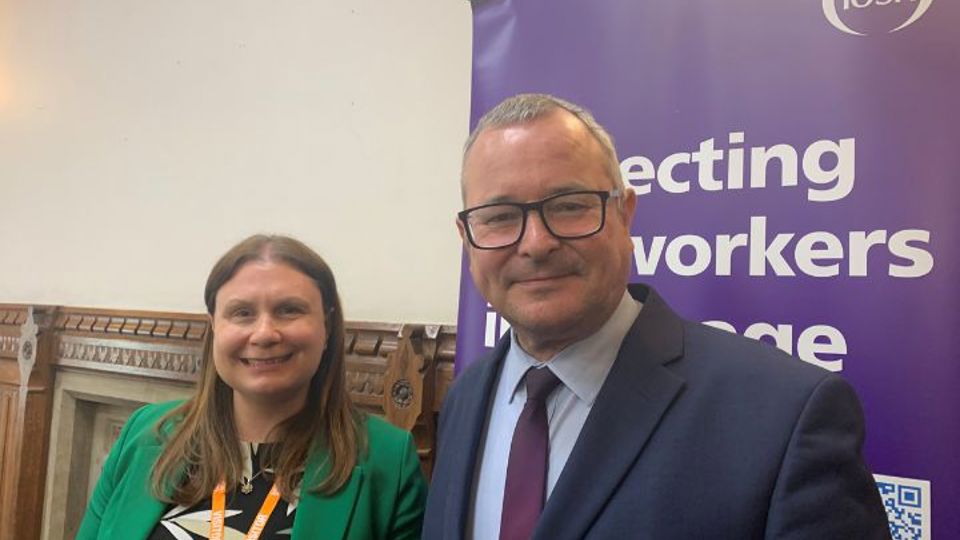News and opinion
Keep up-to-date with the latest stories and developments in the world of health and safety
Global stage
The World Expo showcases health, safety and wellbeing for the first time in 2025 and IOSH will be there in Osaka-Kansai, Japan.
We’ll be leading a range of workshops looking at the future of the occupational safety and health profession.
238 results
Contact the media team
If you’re a journalist looking for an interview or a quote, or have an enquiry, call us on +44 (0)116 257 3118.
 IOSH
IOSH












